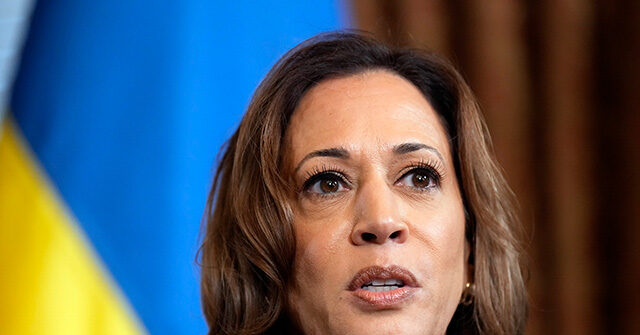On Thursday, the United States and Israel marked a significant moment in their ongoing conflict with Hamas, as the Israeli Defense Forces (IDF) eliminated Yahya Sinwar, the leader of the militant group, in Rafah, Gaza. This event was highlighted by Vice President Kamala Harris, who stated that the world is better off as a result of Sinwar’s death. She emphasized that his actions led to countless innocent lives lost, including Americans, thus framing the killing as a form of justice. Harris noted the complexities surrounding the ongoing conflict and the potential for this event to facilitate a resolution, especially if it leads to the release of hostages taken by Hamas during their October 7 attacks, which were among the deadliest for Israel in recent history.
Senator John Barrasso of Wyoming echoed Harris’s sentiments, stressing the need for the United States to fully support Israel’s actions against Hamas. He commended the IDF’s decisive move in Rafah, directly linking it to the violent attacks orchestrated by Sinwar. The political landscape surrounding this news indicates a possible shift in the dynamics of the conflict, as leaders from both nations look to consolidate international support while pursuing what they term a mission to eradicate Hamas completely. The rhetoric suggests a newfound confidence in the ability of the Biden-Harris administration to influence outcomes in the ongoing war, particularly surrounding the narrative of justice served and the potential for future peace negotiations.
Harris’s comments also reflect a broader acknowledgment of the toll that the conflict has taken on both Israelis and Palestinians. She expressed hope that with Sinwar’s death, families of victims may find some relief, yet she also recognized the ongoing suffering faced by many innocent Palestinians. This duality illustrates the complex nature of the conflict, wherein military victories must contend with humanitarian crises. The ongoing violence has led to immense suffering on all sides, and while the elimination of a dangerous leader like Sinwar may be seen as a victory, it raises fundamental questions about the long-term prospects for peace and stability in the region.
The Biden administration has positioned itself as a key player in the dynamics of this conflict, demonstrating a commitment to working closely with Israeli intelligence and military operations. This collaborative effort underscores the strategic importance the United States places on its relationship with Israel and its commitment to countering terrorism in the region. Harris’s affirmation of the U.S. stance toward protecting its interests and citizens is a reminder of the geopolitical stakes in play. She asserted that those who threaten American lives will face repercussions, a message intended both for domestic and international audiences that the U.S. remains vigilant against terrorism.
Moreover, the aftermath of Sinwar’s death raises questions about the broader landscape of Hamas and Palestinian governance. Harris conveyed a vision where the end of hostilities could lead to a new era for Palestinians—a time characterized by dignity, security, and self-determination. This optimistic narrative suggests an opportunity for reconciliation and a shift away from violence, but it remains contingent on multiple factors, including the release of hostages and an overall easing of tensions. The challenge will be crafting a path forward that prioritizes the needs and rights of Palestinians while ensuring Israel’s security, a delicate balance that has proven difficult to achieve in the past.
Ultimately, as the international community watches closely, the U.S. administration seems poised to take advantage of the recent developments to advocate for a renewed push towards peace. The situation remains fluid, as the aftermath of Sinwar’s death could either facilitate a breakthrough or further entrench divisions within the region. Harris’s emphasis on the values of peace, dignity, and security for all sets a hopeful yet cautious tone for what lies ahead, as both sides will need to engage constructively in order to navigate the complexities of the conflict and seek a sustainable resolution.

